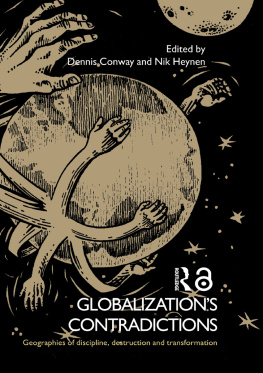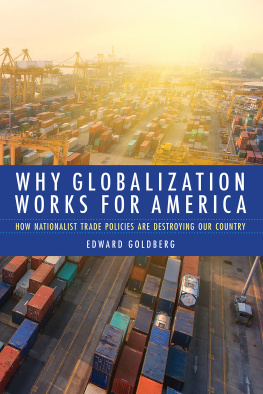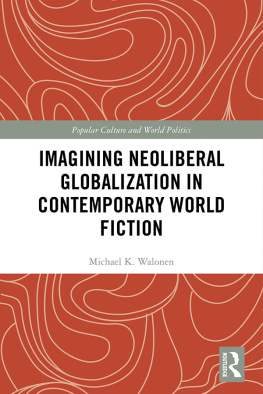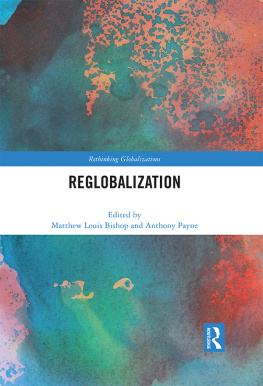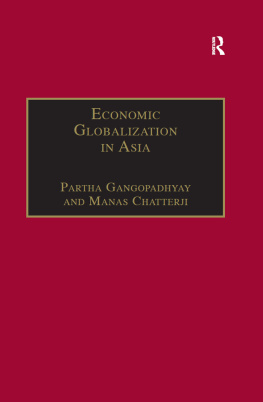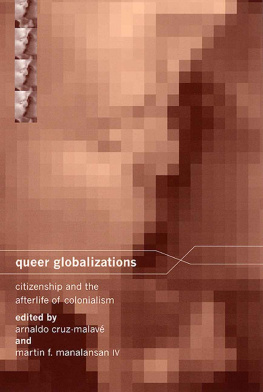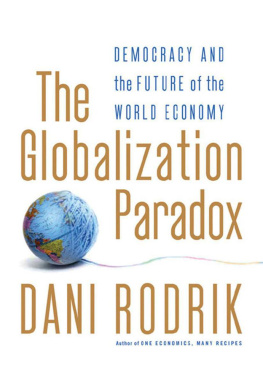Dennis Conway - Globalizations Contradictions: Geographies of discipline, destruction and transformation
Here you can read online Dennis Conway - Globalizations Contradictions: Geographies of discipline, destruction and transformation full text of the book (entire story) in english for free. Download pdf and epub, get meaning, cover and reviews about this ebook. City: London, year: 2006, publisher: Routledge, genre: Science. Description of the work, (preface) as well as reviews are available. Best literature library LitArk.com created for fans of good reading and offers a wide selection of genres:
Romance novel
Science fiction
Adventure
Detective
Science
History
Home and family
Prose
Art
Politics
Computer
Non-fiction
Religion
Business
Children
Humor
Choose a favorite category and find really read worthwhile books. Enjoy immersion in the world of imagination, feel the emotions of the characters or learn something new for yourself, make an fascinating discovery.
- Book:Globalizations Contradictions: Geographies of discipline, destruction and transformation
- Author:
- Publisher:Routledge
- Genre:
- Year:2006
- City:London
- Rating:4 / 5
- Favourites:Add to favourites
- Your mark:
Globalizations Contradictions: Geographies of discipline, destruction and transformation: summary, description and annotation
We offer to read an annotation, description, summary or preface (depends on what the author of the book "Globalizations Contradictions: Geographies of discipline, destruction and transformation" wrote himself). If you haven't found the necessary information about the book — write in the comments, we will try to find it.
Since the 1980s, globalization and neoliberalism have brought about a comprehensive restructuring of everyones lives. People are being disciplined by neoliberal economic agendas, transformed by communication and information technology changes, global commodity chains and networks, and in the Global South in particular, destroyed livelihoods, debilitating impoverishment, disease pandemics, among other disastrous disruptions, are also globalizations legacy.
This collection of geographical treatments of such a complex set of processes unearths the contradictions in the impacts of globalization on peoples lives. Globalizations Contradictions firstly introduces globalization in all its intricacy and contrariness, followed on by substantive coverage of globalizations dimensions. Other areas that are covered in depth are:
- Globalizations Macro-economic Faces
- Globalizations Unruly Spaces
- Globalizations Geo-political Faces
- Ecological Globalization
- Globalizations Cultural Challenges
- Globalization from Below
- Fair Globalization
Globalizations Contradictions is a critical examination of the continuing role of international and supra-national institutions and their involvement in the political economic management and determination of global restructuring. Deliberately, this collection raises questions, even as it offers geographical insights and thoughtful assessments of globalizations multifaceted faces and spaces.
Dennis Conway: author's other books
Who wrote Globalizations Contradictions: Geographies of discipline, destruction and transformation? Find out the surname, the name of the author of the book and a list of all author's works by series.

